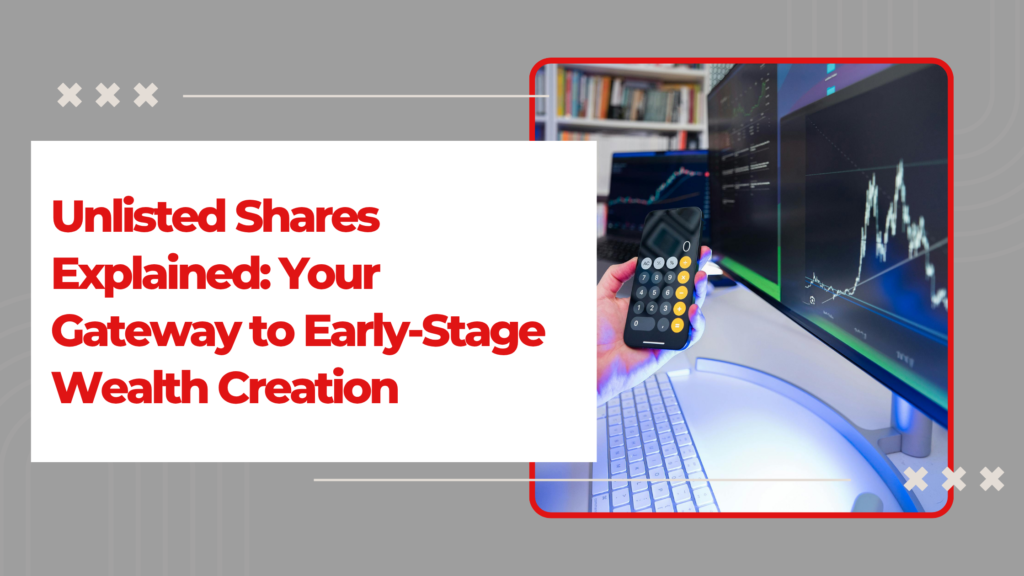
Ever wondered how some investors make a fortune even before a company goes public? The secret lies in unlisted shares—the lesser-known side of the stock market where smart money moves early. Whether you’re a beginner or an aspiring investor, understanding unlisted shares can open doors to high-potential investment opportunities.
In this guide, we’ll break down what unlisted shares are, how they work, where to buy them, and what risks to watch out for—in simple, beginner-friendly language.
What Are Unlisted Shares?
Unlisted shares are equity shares of companies that are not listed on any stock exchange, such as NSE or BSE. These are typically shares of private limited companies, startups, or pre-IPO companies. Unlike listed stocks, you won’t find these shares on trading apps like Zerodha or Groww. Instead, they’re traded over-the-counter (OTC) through brokers, investment platforms, or directly via private deals
Key Features of Unlisted Shares
- Not traded on stock exchanges
- Limited liquidity compared to listed stocks
- Valuations are determined privately, not by daily market price
- Higher potential returns—but with higher risks
- Often held by early-stage investors, VCs, or company insiders
Who Invests in Unlisted Shares?
Unlisted shares are popular among:
- High-net-worth individuals (HNIs)
- Private equity investors
- Venture capital firms
- Retail investors looking to enter the pre-IPO market
These investors seek early exposure to promising companies, hoping for a big payoff when the company eventually gets listed.
